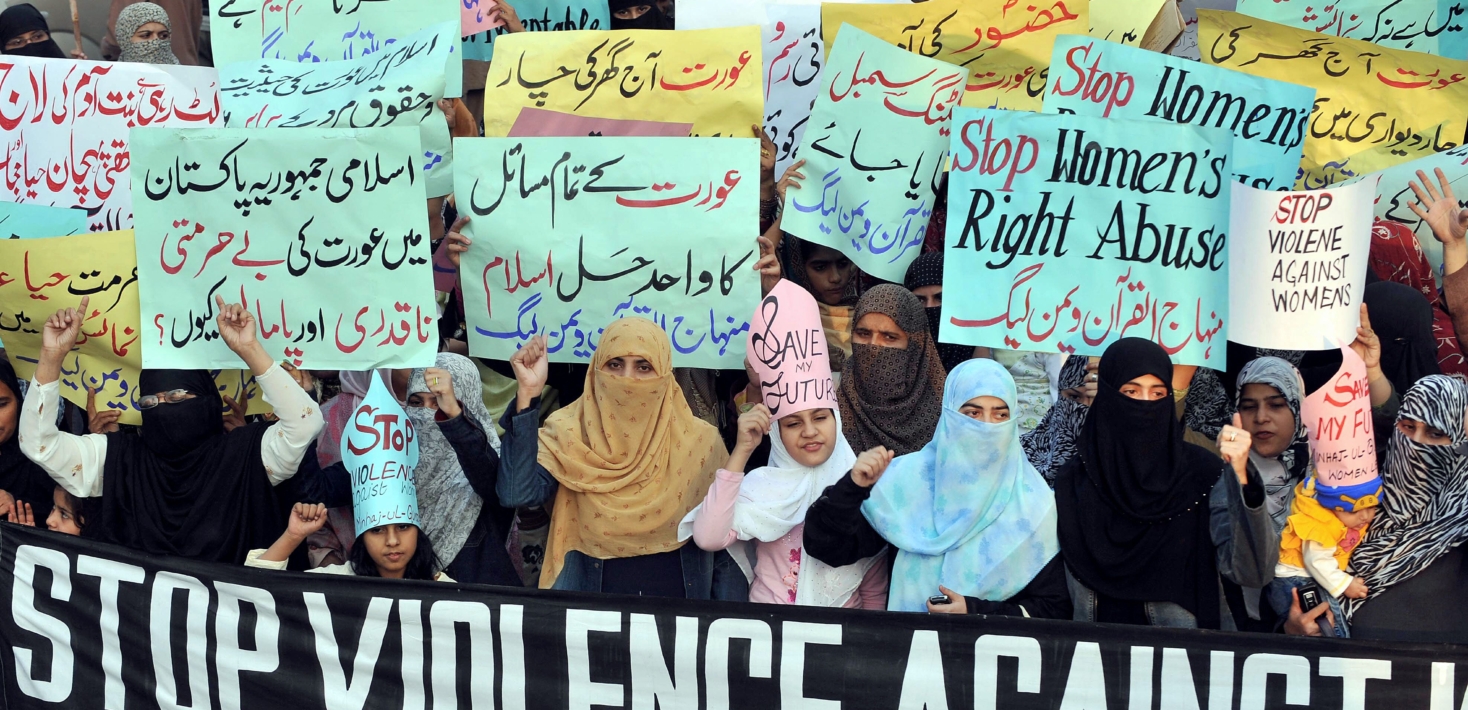Responding to the so-called “honour killing” of a woman in Kohistan, Pakistan, who was ordered to be killed by a jirga (tribal council) due to images of her going viral, Nadia Rahman, Amnesty International’s Deputy Regional Director for research in South Asia, said:
“The continued failure of the Government of Pakistan to curb the extra-legal power of jirgas or tribal councils to run parallel legal systems perpetuating patriarchal violence with impunity is extremely concerning. Previously, the Supreme Court of Pakistan has ruled that the operation of these tribal councils is contrary to Pakistan’s international commitments under the Universal Declaration of Human Rights, International Covenant on Civil and Political Rights and Convention on the Elimination of All Forms of Discrimination Against Women.”
The authorities must end impunity for violence and abolish so-called village and tribal councils that prescribe such horrific crimes.
Nadia Rahman, Amnesty International’s Deputy Regional Director for research in South Asia
“While repeated so-called “honour killings” have resulted in legislative amendments and societal outrage in the country, they remain unabated. It is not enough to arrest people after such attacks take place. The authorities must end impunity for violence and abolish so-called village and tribal councils that prescribe such horrific crimes.”
Background:
An 18-year-old woman was shot dead by her father and uncle last week on orders from elders of a tribal jirga (council) in Pakistan. So-called ‘Honour killings’ are endemic in Pakistan, with 384 instances reported in 2022 alone, according to the Human Rights Commission of Pakistan. Such killings, following the appearance of potentially doctored images of victims on social media which are perceived as an assault on the ‘family honour’ by the family members, are becoming increasingly common.
However, convictions in cases of gender-based violence remain low, at 1-2.5% (UNFPA). Kohistan specifically has had similar previous incidents for example in 2011, 6 men and women were murdered on orders of the tribal council after a video of them dancing emerged. The brother of the victims was killed 7 years later by a family member for pursuing the case. Despite the Supreme Court of Pakistan taking notice of the incident in 2012, the accused in the case were acquitted earlier this year due to lack of evidence.


